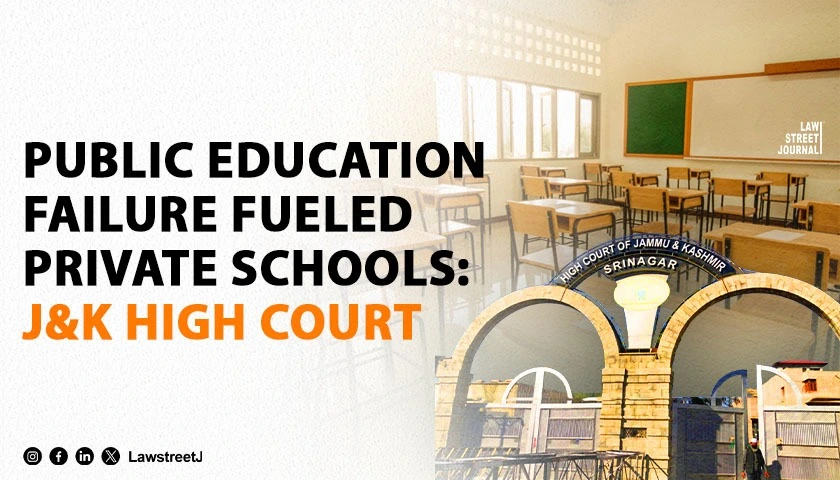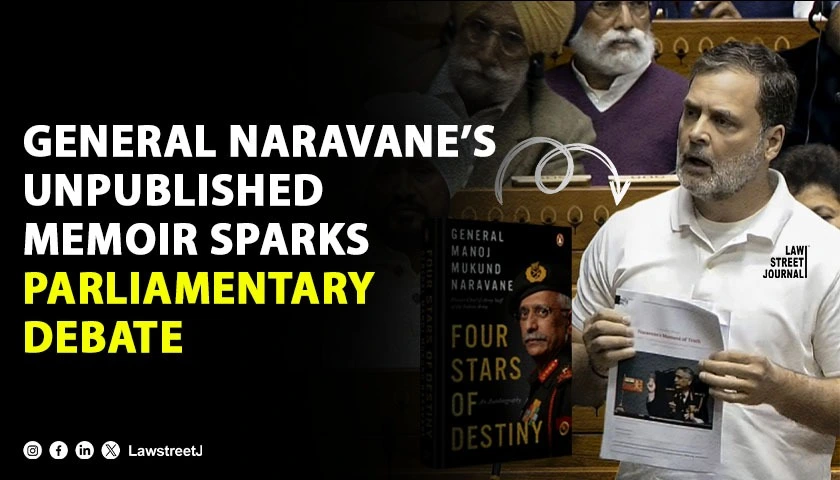Kolkatta: The Calcutta High Court has delivered a significant order ruling that a Bar Council resolution calling for a Black Day and work abstention cannot be treated as binding on lawyers, protecting their right to appear in court.
In an order passed on June 28, 2024, Justice Shampa Sarkar addressed a writ petition challenging a resolution by the Bar Council of West Bengal to observe July 1, 2024, as a Black Day in protest against three new laws.
The court observed that it is a settled provision of law that no one can be compelled to observe a strike or cease work, emphasizing that lawyers discharge a public function for litigants. The court ruled, It is a settled position of law that no one can be compelled to observe a strike or cease work. Lawyers discharge a public function for the litigants. Thus, this resolution of the Bar Council of West Bengal shall not be treated as a mandate on the learned advocates to abstain from work.
Expressing concern for lawyers rights and litigants interests, the court stated that willing advocates are entitled to appear before courts across West Bengal and the Andaman & Nicobar Islands on July 1. It also prohibited any coercive measures or disciplinary action against lawyers who choose to work.
Further, the court clarified that the rallies proposed by the Bar Council should be treated as requests to Bar Associations, not mandates. It allowed the Bar Council to file an affidavit-in-opposition within three weeks to address the challenge to its authority.
Advocate Lokenath Chatterjee appeared for the petitioner, whereas Senior Advocate Saptangshu Basu appeared for the Bar Council.
The court also noted that the petitioner had challenged the Bar Councils authority to call for such strikes, relying on the Supreme Courts decision in Ex-Capt. Harish Uppal vs. Union of India (2003). The learned senior advocate for the Bar Council submitted that since the authority of the Bar Council of West Bengal to call such strikes and rallies was under challenge, some opportunity should be given to the Bar Council to file their affidavit-in-opposition.
The court allowed the filing of such an affidavit-in-opposition within three weeks, and any further reply thereto, if any, to be filed within two weeks thereafter.
In conclusion, the court held that lawyers discharge a public function for litigants. Thus, the resolution of the Bar Council of West Bengal shall not be treated as a mandate for the learned advocates to abstain from work.

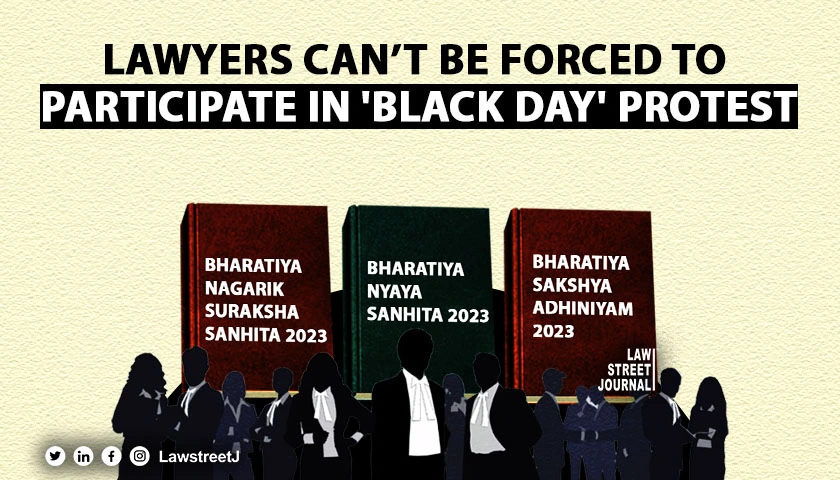

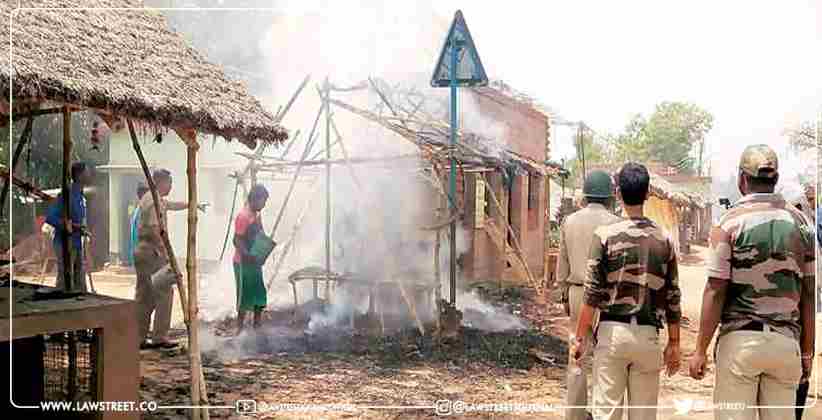
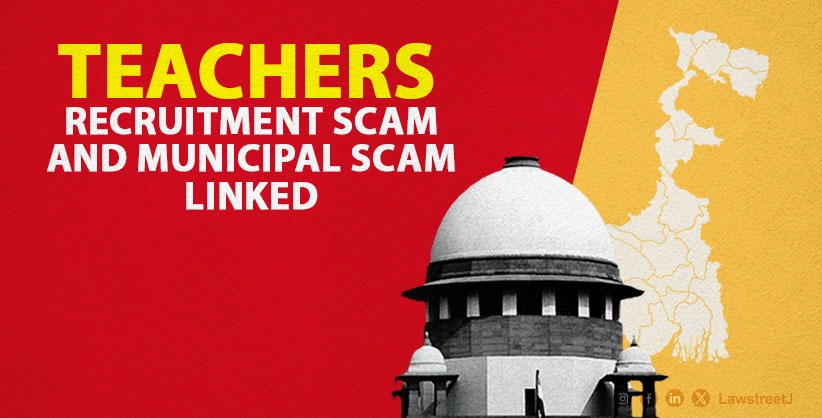
![Calcutta High Court conducts late-evening hearing, orders release of lawyer arrested inside court [Read Order]](/secure/uploads/2023/12/lj_4146_Court_lawyers_arrest.jpg)
![Indian Courts this Week: Law Street Journal's Weekly Round-Up of SC & HCs [Jan 1 - Jan 6]](/secure/uploads/2024/01/lj_9050_WhatsApp_Image_2024-01-06_at_12.07.10_PM.jpeg)
